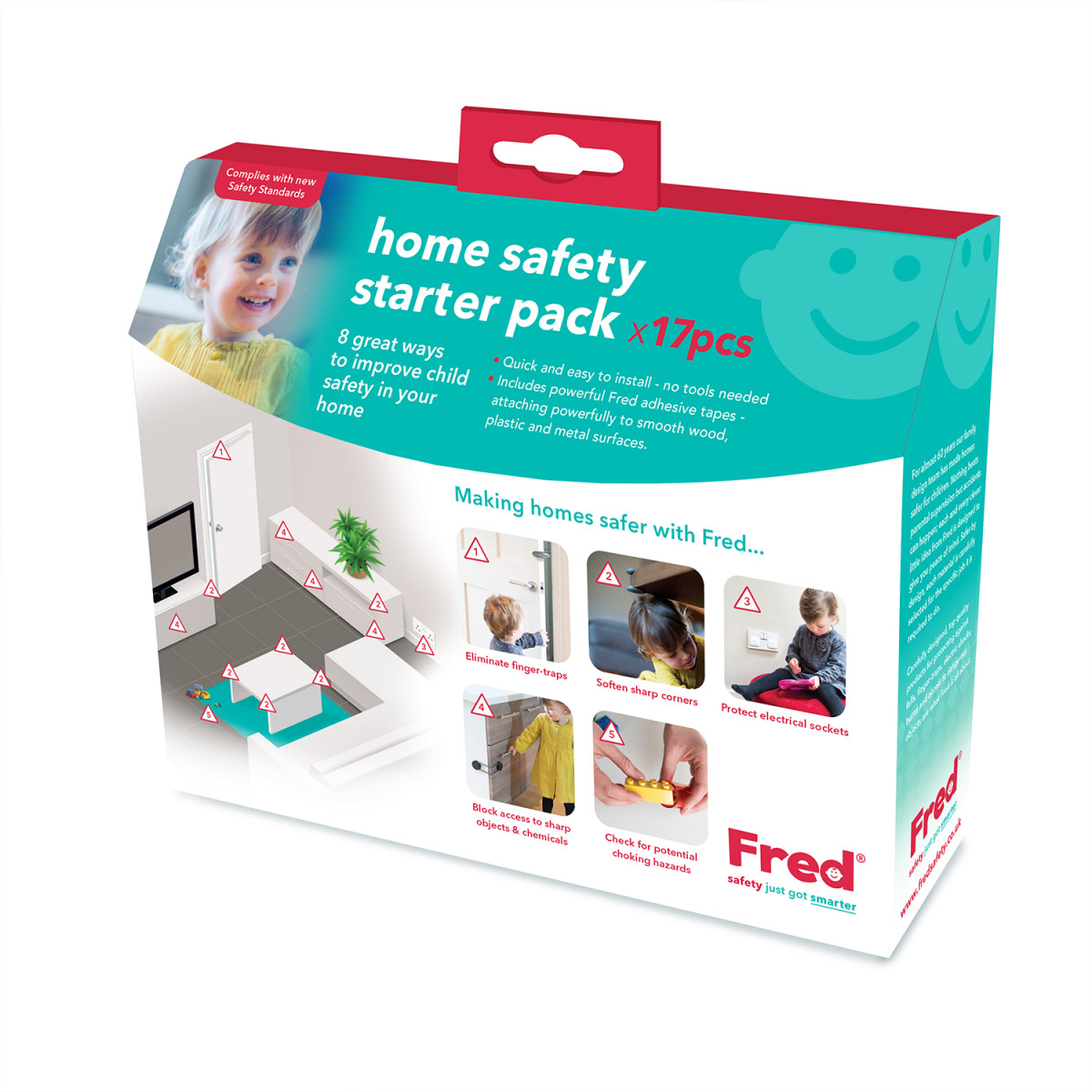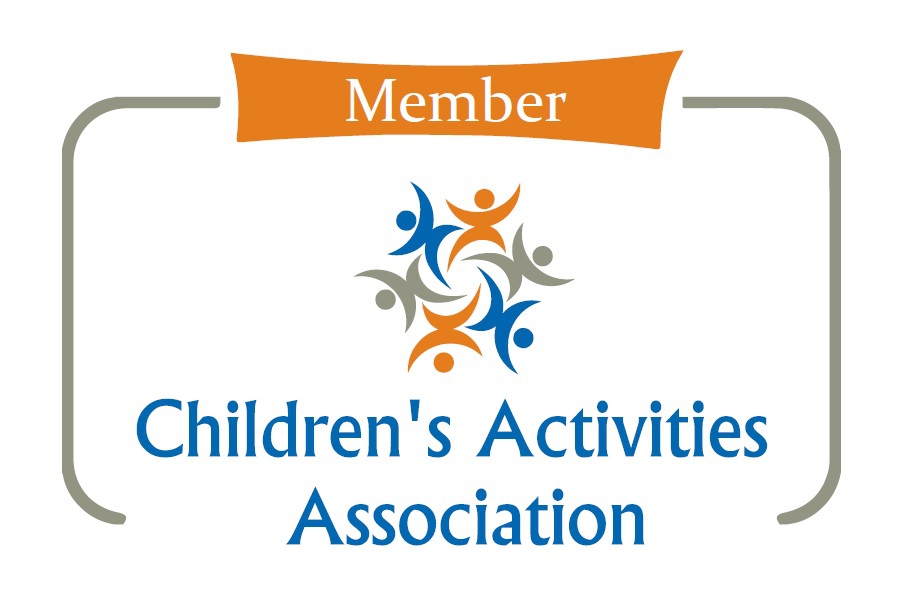It’s Child Safety Week and we’ve teamed up with the Child Accident Prevention Trust to bring you a really important blog about button batteries. These can be found all over your home, are bright and appealing to little people and can cause life-changing injuries or even death.
SO WHAT'S THE DANGER?
It can be dangerous if a child swallows a powerful lithium coin cell battery – a thin button battery about the size of 5 pence piece.
They are big enough to get stuck in a child's digestive system and powerful enough to kill.
If one gets stuck in a child’s food pipe, energy from the battery reacts with saliva to create caustic soda. This is the same chemical used to unblock drains! This can burn through to the main artery (blood vessel) and lead to serious injury and even death.
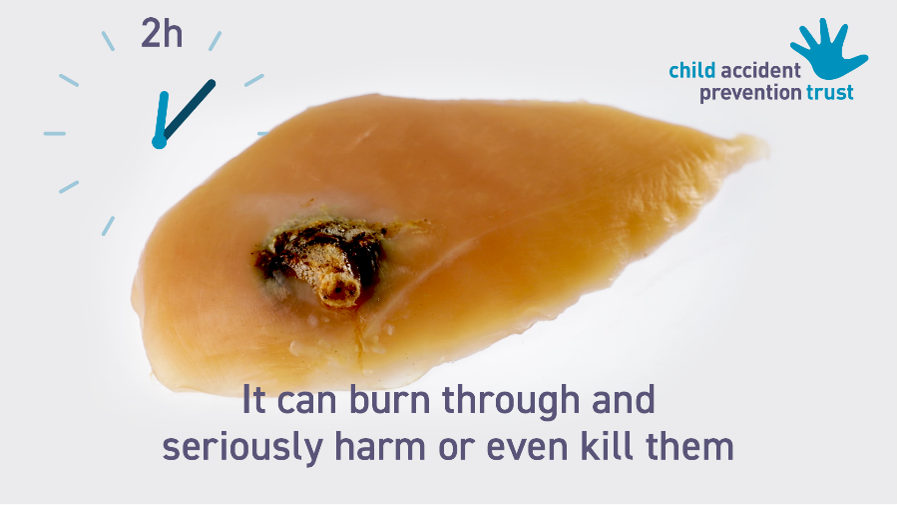
Smaller button batteries should pass through if swallowed, but can still cause harm if they’re inserted into noses or ears, especially if new.
LIFE-CHANGING INJURIES
Lithium coin cell batteries can also cause life-changing injuries. There is a risk that the food pipe is too badly damaged for a child to eat normally again or the vocal cords are too badly damaged for a child to speak normally again.
After her son Ralphie swallowed a battery in 2021, which was successfully removed, mum Hollie said, “I went from having a fully weaned one-year-old to feeding my son 24 hours through a tube”.
Luckily Ralphie has now fully recovered, but not before having to endure surgery every 4-6 weeks to repair the damage done.
WHO'S AT RISK?
Crawling babies up to pre-schoolers are at particular risk, as they explore the world by putting things in their mouths. But even babies as young as two months have been known to swallow them.
SO WHERE DO YOU FIND THEM?
While battery compartments in good quality toys are secured, there are many products where the battery is easy for little ones to get at. Once you start looking, you’ll be surprised just how many products use button batteries.
Lots of these objects may have buttons and surfaces that young children love to explore and play with. Many are brightly coloured or otherwise appealing to children. They include:
· slim remote controls
· car key fobs or key finders
· musical cards and books
· light up toys and novelty items
· nightlights
· digital scales
· thermometers
· old toys in the toy box
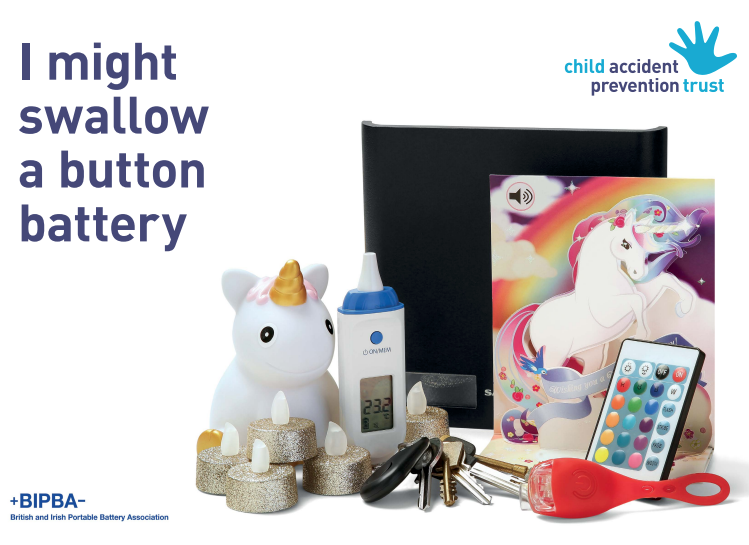
SPARES AND FLATS
Even discarded ‘flat’ batteries can still hold enough charge to cause damage.
And spare batteries are a problem if they’re stored within reach or have fallen out of the packaging.
CHECK YOUR HOME
· Hunt around your home for button batteries
· Use the CAPT button battery poster to help with your hunt in each room
· Keep products well out of your child’s reach if the battery compartment isn’t secured
· Store spare button batteries in a sealed container in a high up cupboard
· Remember that ‘flat’ batteries still hold enough power to badly hurt a child. So put them out of children's reach straight away and recycle them safely as soon as possible
· Beware of bargains from online marketplaces or local discount shops. They may have button batteries your child can get into easily
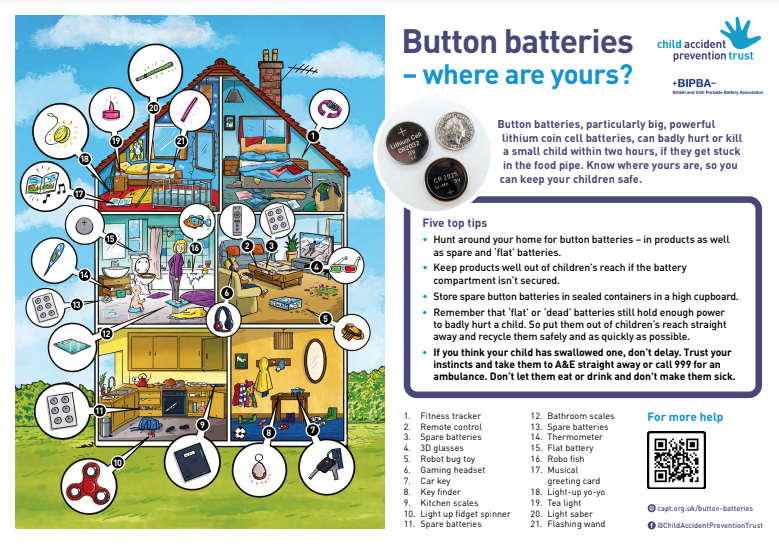
HAS YOUR CHILD SWALLOWED ONE?
· If you think your child has swallowed a button battery, ACT FAST! Take them straight to A&E or call 999 for an ambulance
· Tell the doctor you think your child has swallowed a button battery
· If you have the battery packaging or the product the battery came out of, take it with you
· Don’t let them eat or drink and don’t make them sick
A WORD ABOUT SYMPTOMS
Your child may not have obvious symptoms. They may:
· cough, gag or drool a lot
· seem like they have a tummy upset or virus
· be sick
· cry and point to their throat or tummy
· be floppy and tired
· be quieter or more clingy than usual
· not want to eat.
But these things might come and go. So if you are worried it’s important to trust your instincts. Take your child to A&E.
If there is fresh (bright red) blood in their sick, it’s an emergency.
Keen to know more about child safety from the Child Accident Prevention Trust? Sign up for their free, bite-sized emails offering essential child safety advice today.
We'd like to thank CAPT for this really, really important advice. If you do one thing this Child Safety Week, locate where these batteries are in your home, and make absolutely sure that little hands cannot get hold of them. If you have concerns about making sure your home is safe for your child, we'd recommend taking our baby proofing course, ideal for parents with children 6 months and older. Designed to prevent the injury before it happens, this is an absolute must for safety-conscious parents.
